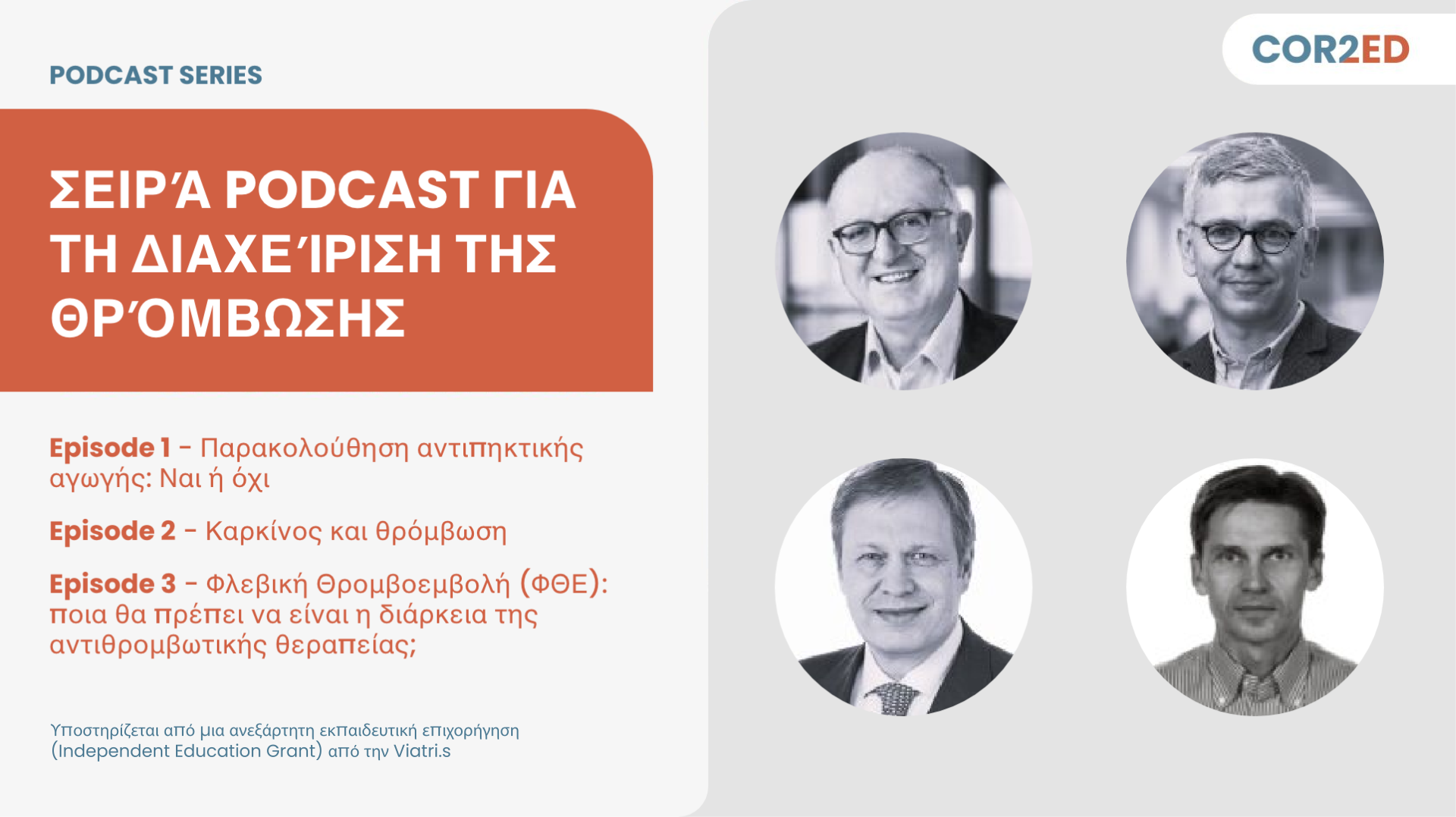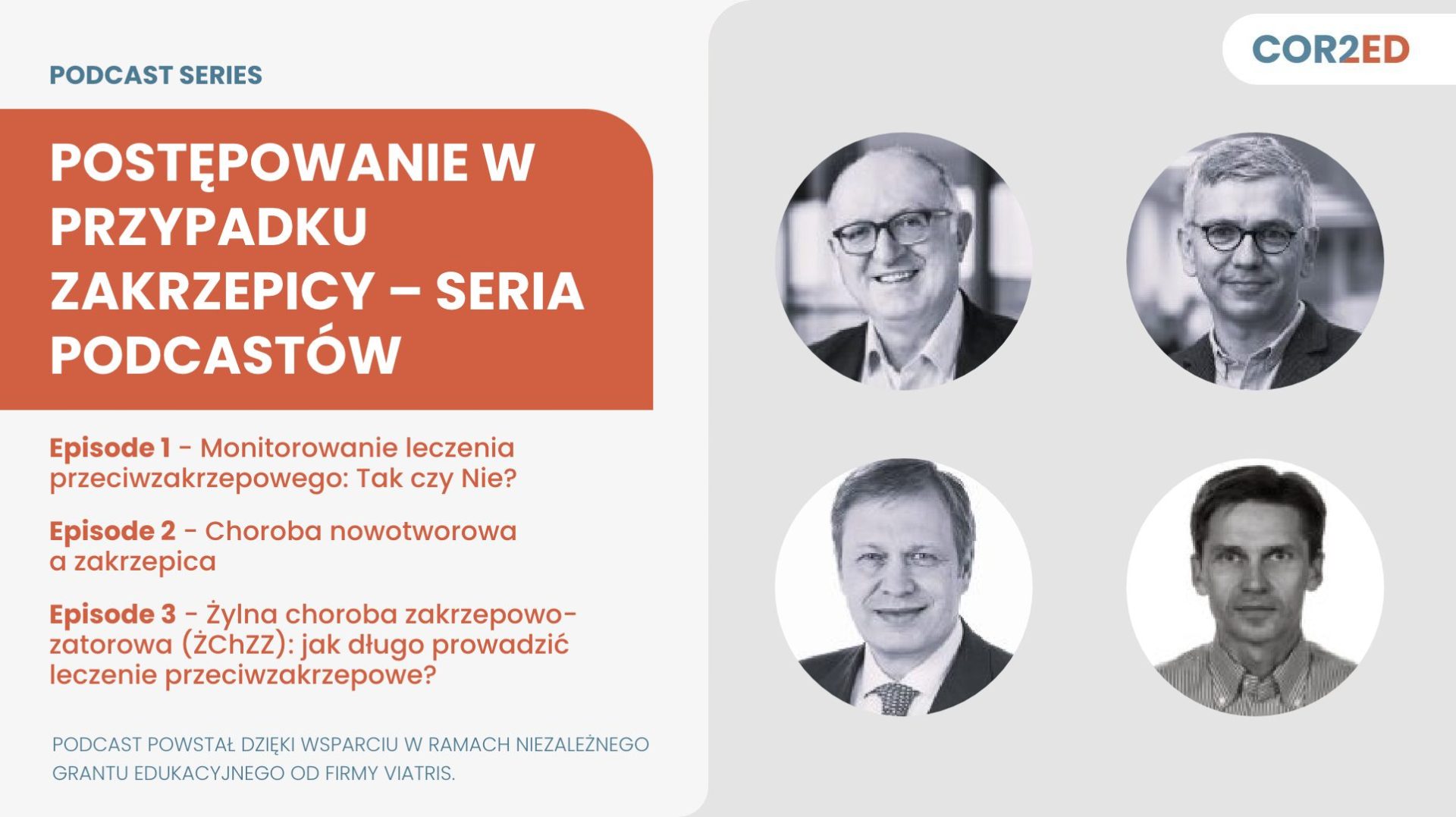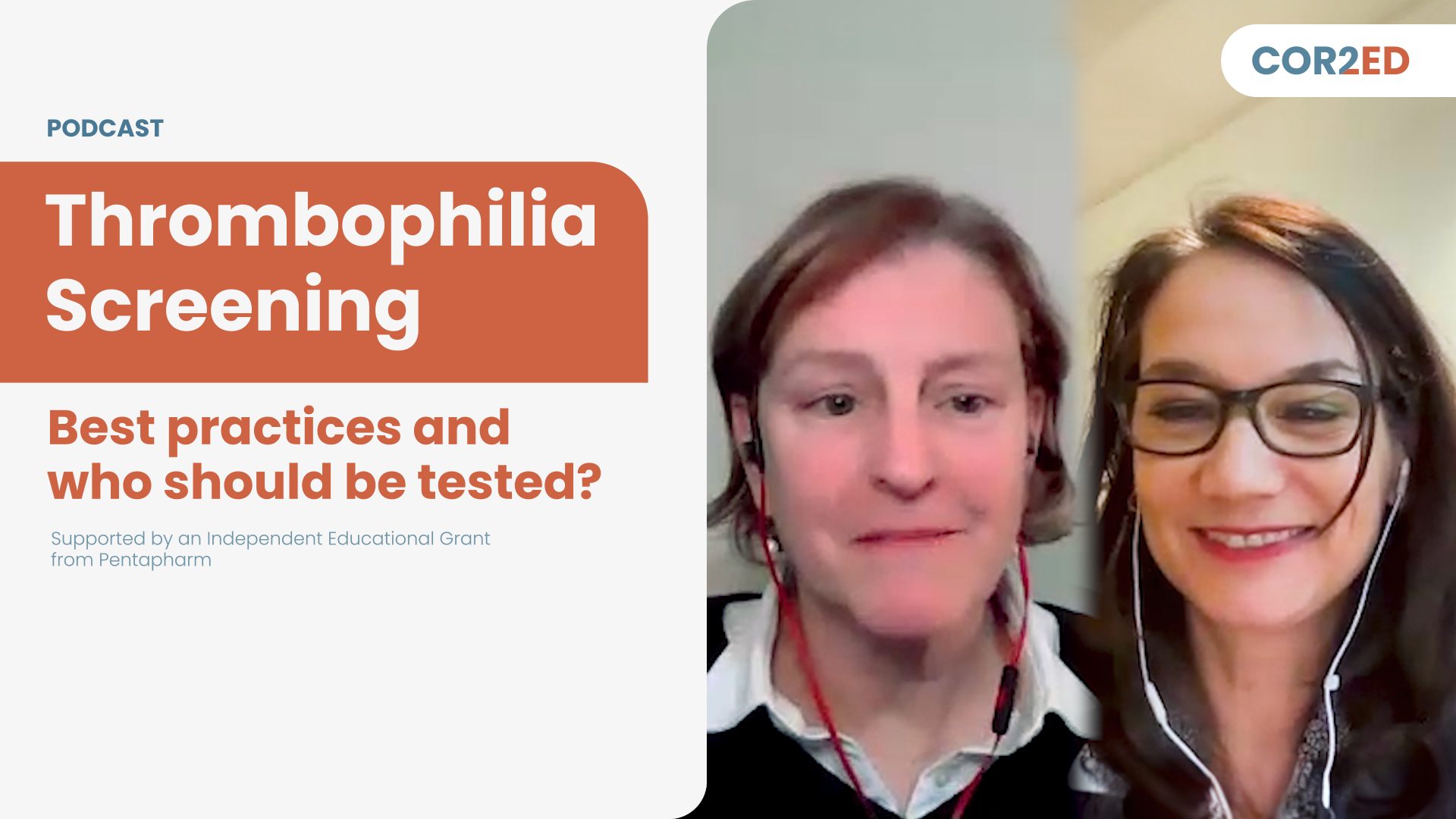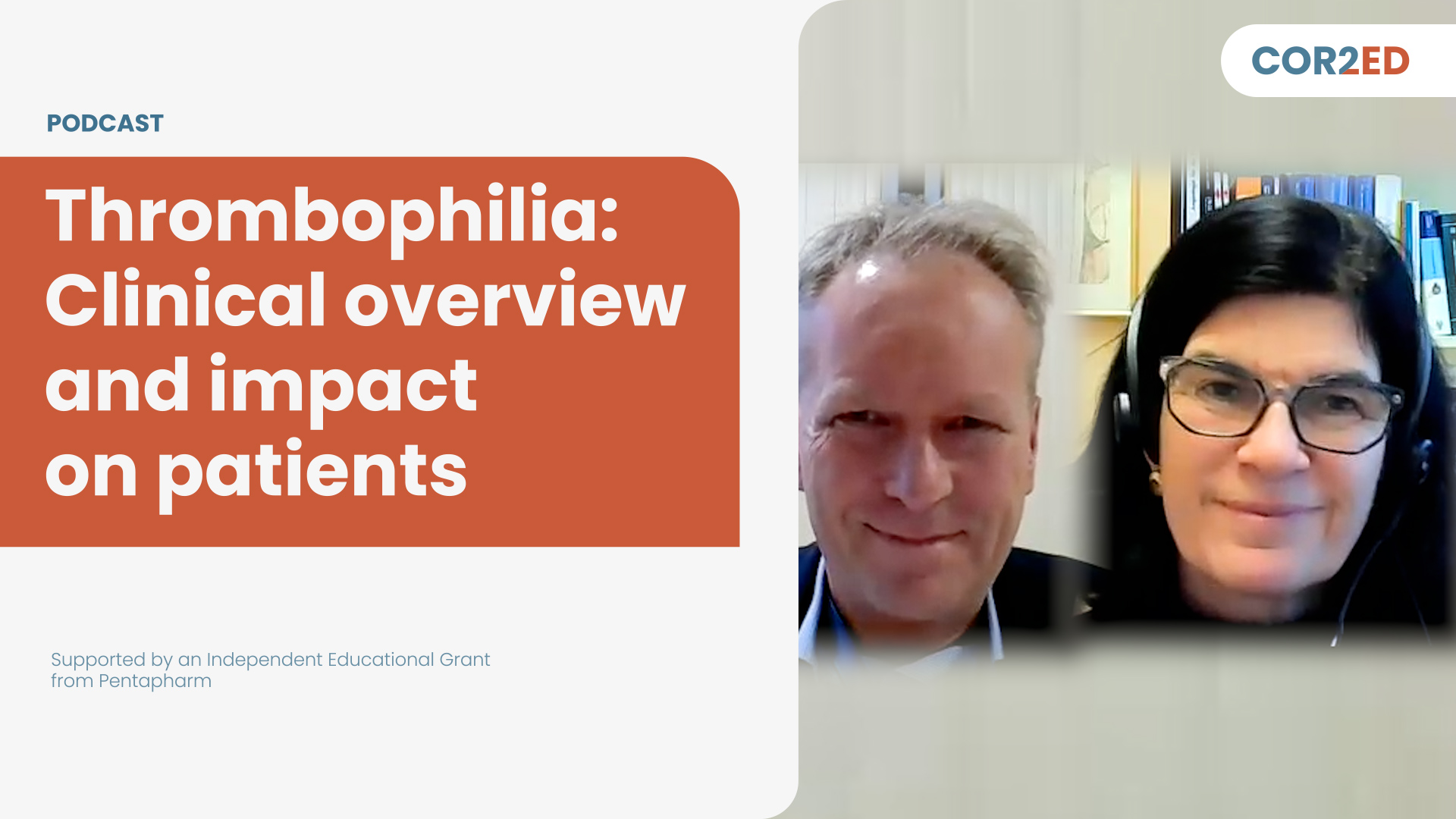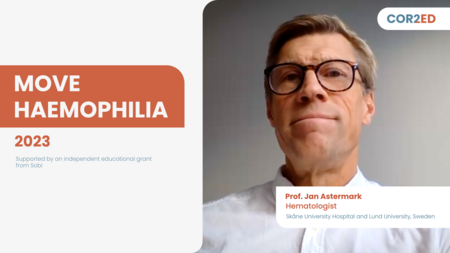Listen in to the conversation as haematologists discuss the optimal treatment duration of antithrombotic agents for venous thromboembolism (VTE), sharing experiences from their own clinical practice.
E-learning
After listening to the podcast series, take the e-learning assessment to test your knowledge and earn CME credits.
Clinical Takeaways
- Extended anticoagulation beyond the initial 3 months is indicated for all types of VTE, except in surgery- or trauma-VTE or in patients at high risk of bleeding
- DOACs or VKA are suitable for extended treatment; DOACs can be used at a reduced dose after the initial 6 months
- There should be continuous clinical monitoring throughout the patient’s life
- Patients’ preferences should always be taken into account
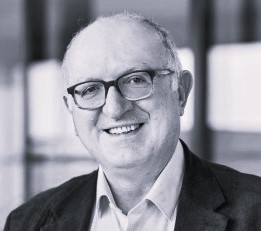
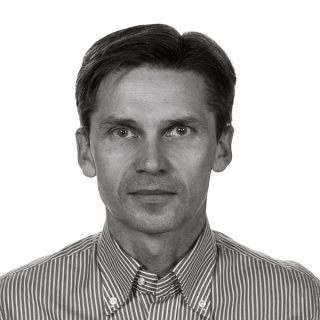


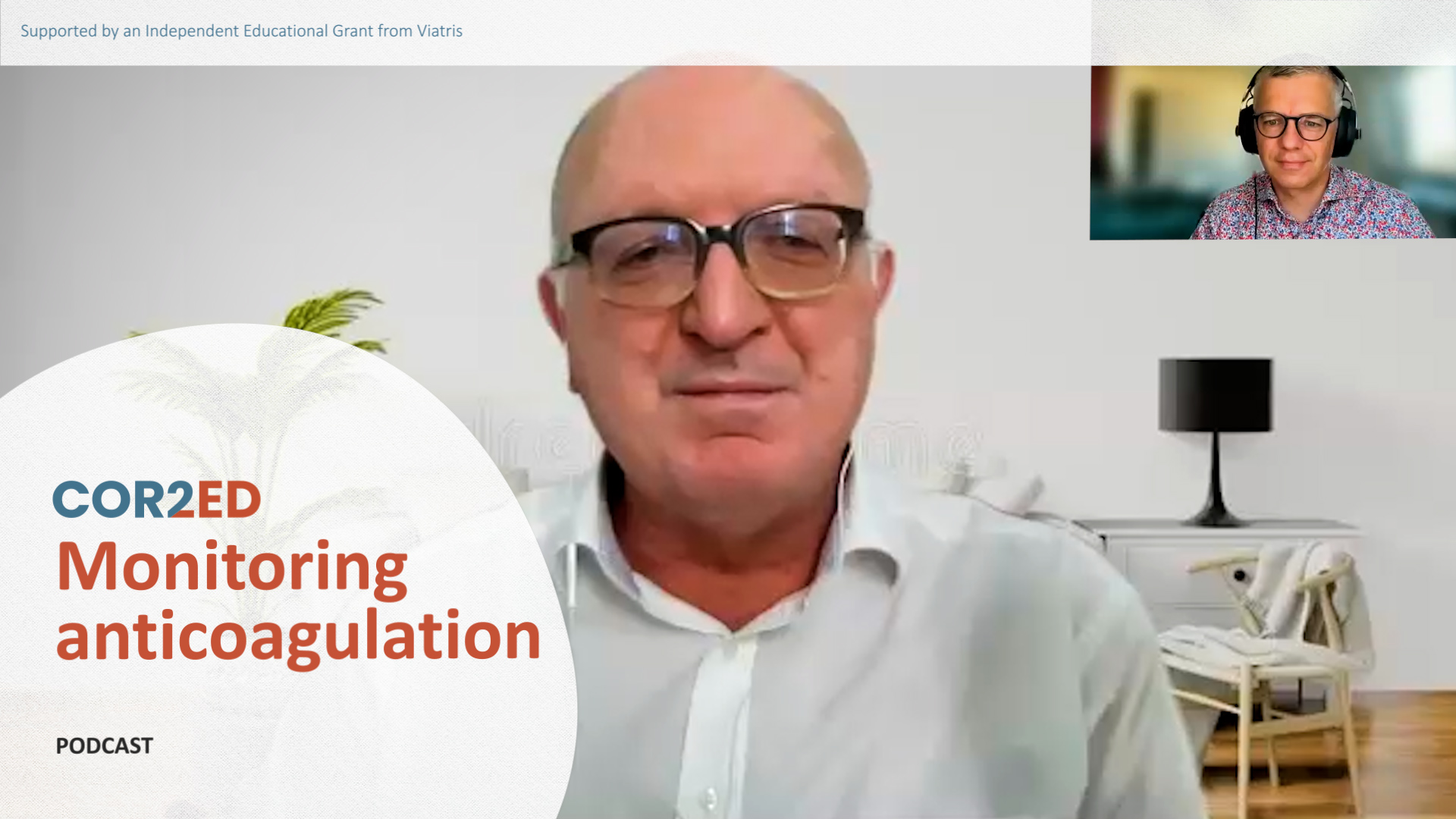
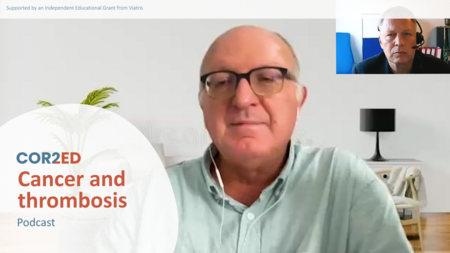
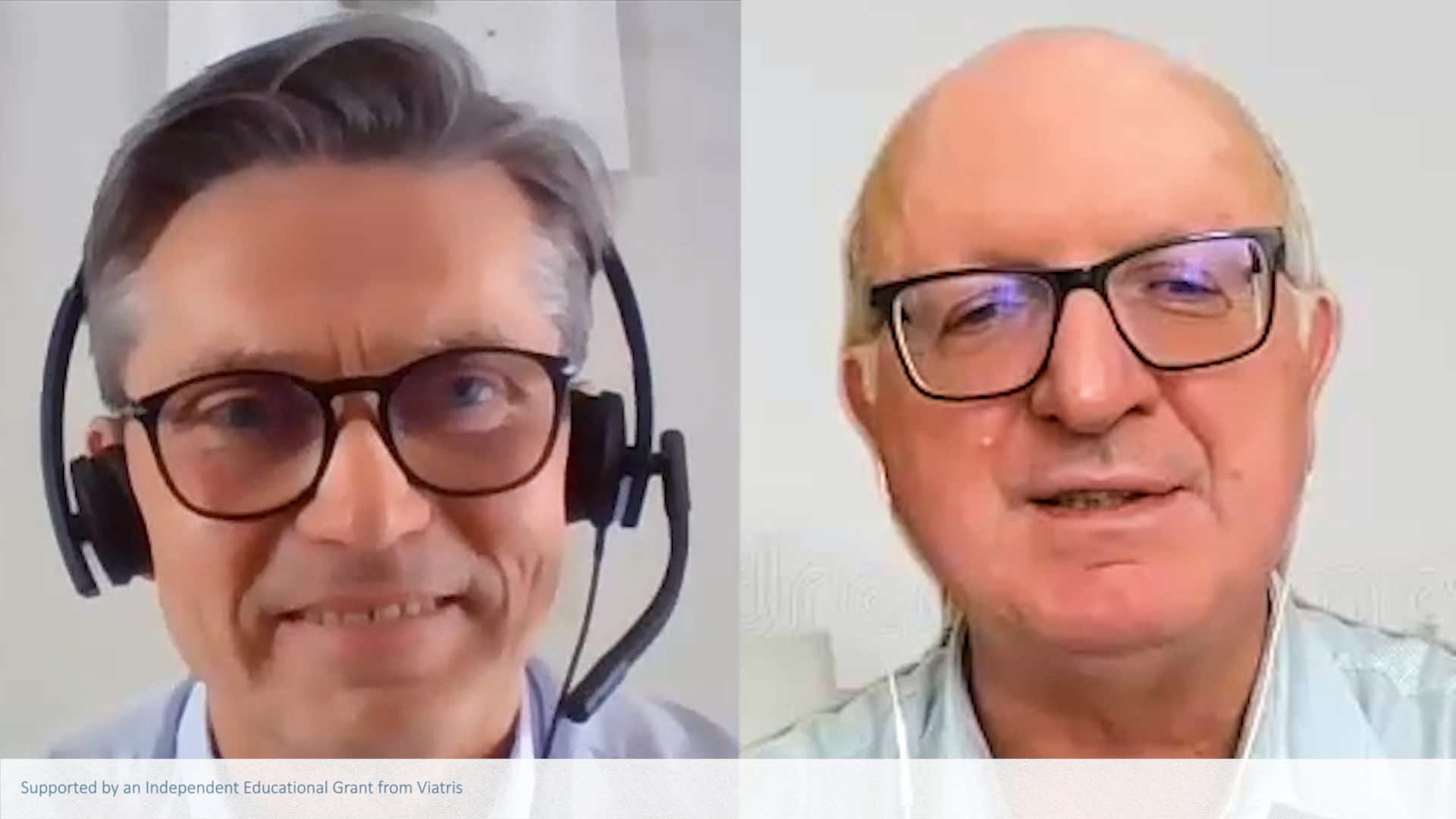
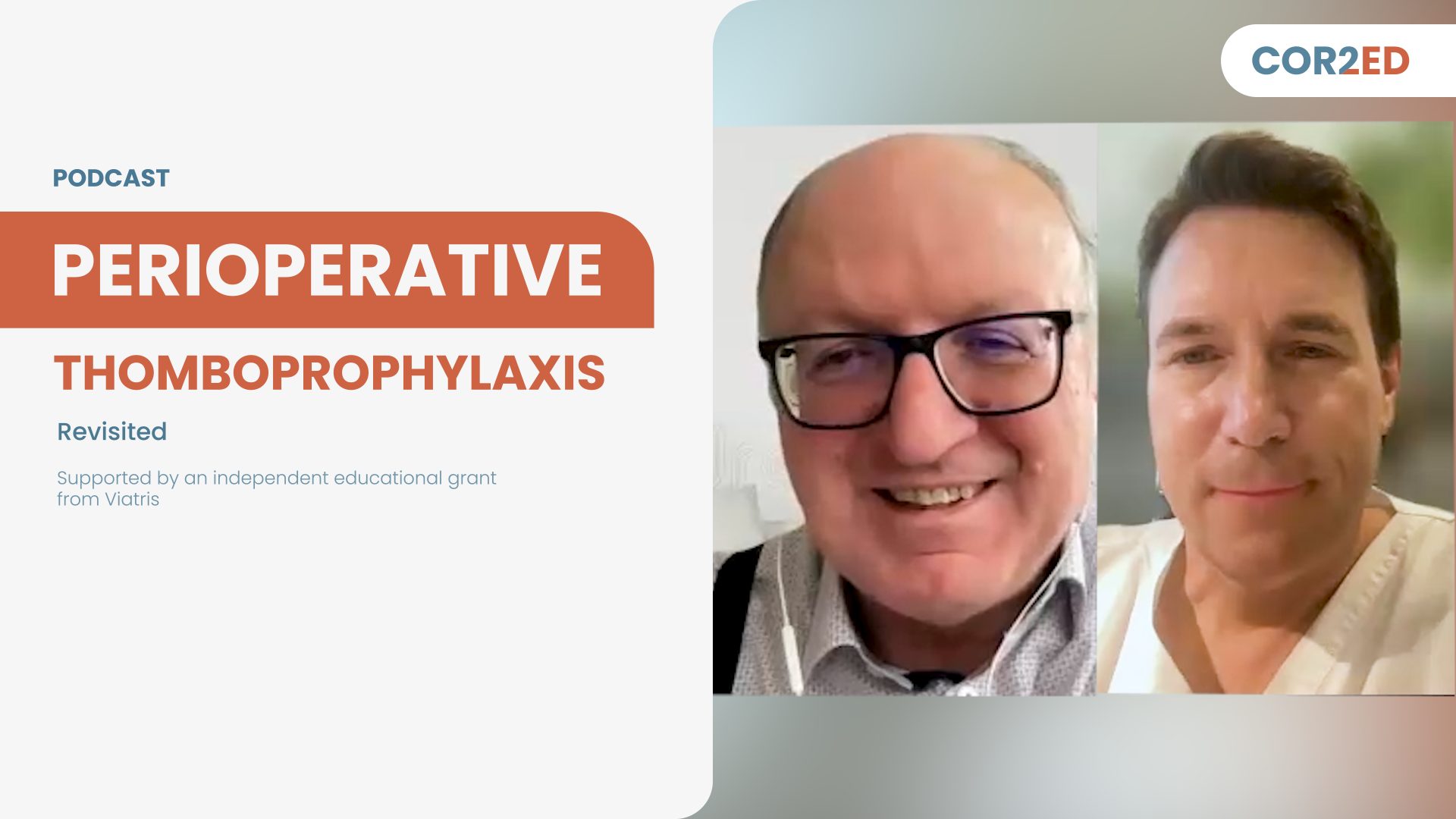
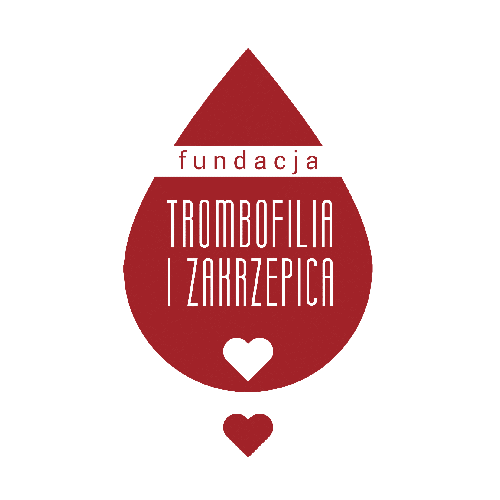
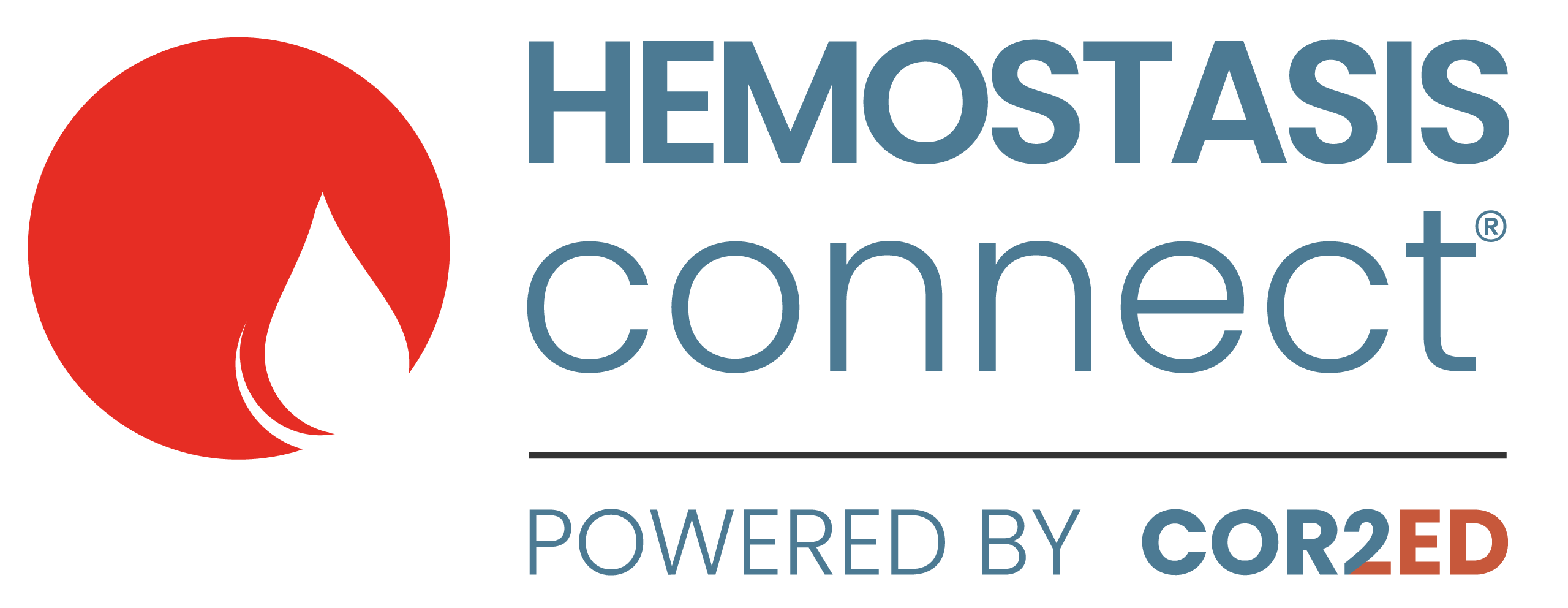

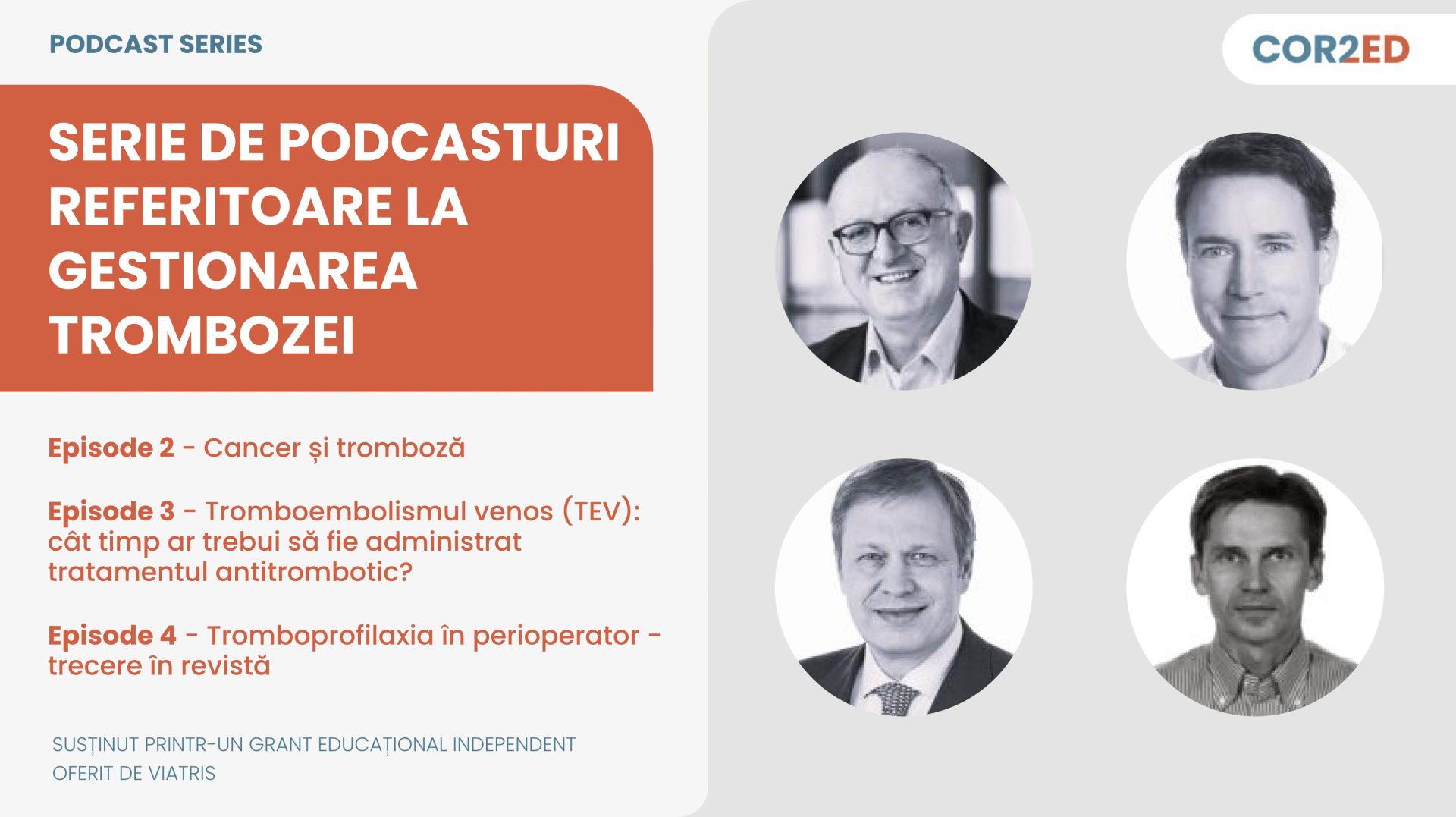
 Downloadable
Downloadable  21 MIN
21 MIN
 May 2025
May 2025 